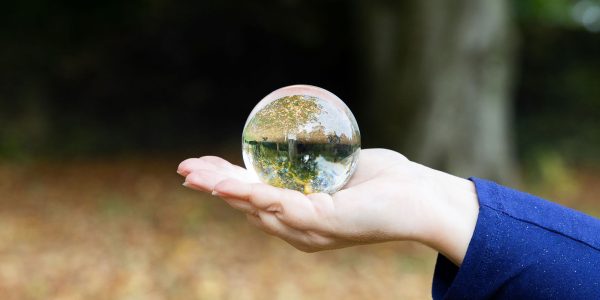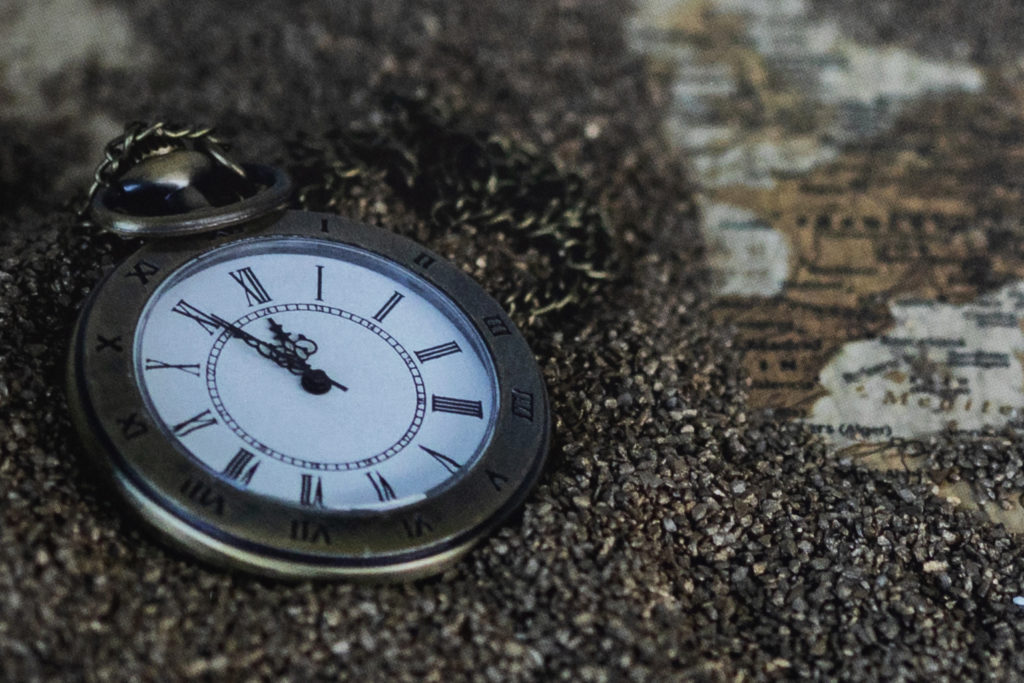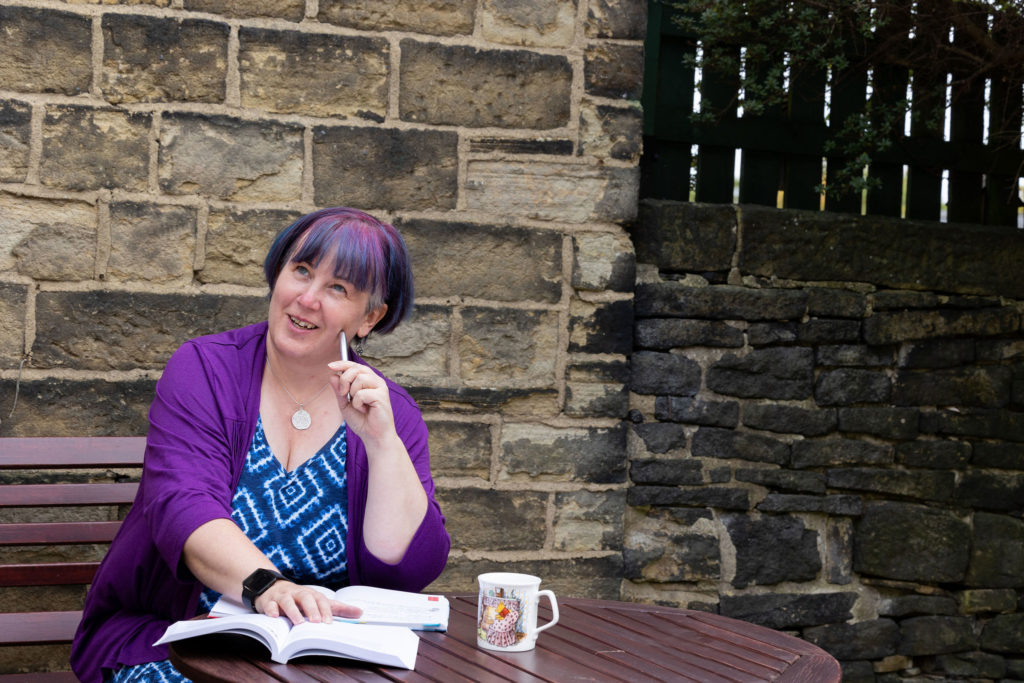Purplemoon Monthly Musing
Posted 30th April 2025
Reflecting on Reflective Practise- a Purplemoon Monthly Musing

Welcome to Purplemoon Monthly Musings.
On the final Wednesday of every month Jenny will be posting out about a theme that has been appearing in her work, or her life, across all sectors. It could be a topic that particularly resonates with you, or it might be a new concept or idea to you. Either way the aim is to give voice to some thoughts, ponder some questions and explore what this might mean to us as individuals and as a community. Jenny will always aim to credit original sources as she explores the musings title and will welcome your comments and contributions to keep the musing going! This blog is also published on LinkedIn. Follow Jenny here.
I’m diving into a topic close to my heart—reflection.
But is reflection always a good thing?
You might assume that, as a supervisor and coach, I’m automatically pro-reflection. The short answer, as my short answers often go, is: it depends.
So, what does it depend on?
- When reflection is happening
- Where it’s taking place
- How it’s being done
- What the goal of the reflection is
- Which method or “vehicle” is being used

The Lens we use matters

When I am in session with clients, I often notice a tendency to reflect utilising a critical lens. They are analysing what went wrong, what they “should have” done, and how to avoid mistakes in the future. While this can be useful, it often leads to rumination and self-criticism.
Instead, I invite clients to try a self-compassionate lens. What were the positives, even in a difficult situation? Can we accept that the outcome was shaped by context and circumstances? Can we consider what the emotions and energy were in that space, and from that accept how the outcome occurred? From there, we can explore what might be possible next time, and how to bring that about. This shift is often empowering.
Timings matter
Now let’s consider when reflection occurs. I find it interesting that for many people in situations that pose challenge or conflict the desire is to only have a reflection immediately after. For example, in a school where a child has become very dysregulated and the situation has spiralled into someone becoming hurt. Or in a role where a member of the community has become extremely abusive because they feel they are not being treated the way they should be treated.
A debrief and check in is vital, in the immediacy of the incident, to ensure that everyone knows they are safe and if there is any key learning or follow up (possibly with other agencies or organisations) that needs to be put in place straight away. However, that is one type of reflection and is very narrow in focus. Who is leading that debrief/check in needs to be considered, are they someone with no emotional impact from the situation? Or if they were involved, what lens are they using, and what emotions and thoughts are they bringing into the space?
Productive and beneficial reflection will occur if there is time between this debrief and the reflection. Maybe 3-5 days. This reflection can be held in a group or with individuals and can indeed be done by a lone individual for themselves. For this reflection to be productive it is not a rerun of the debrief, it is considering what came out of the debrief, and has any thinking evolved? Have thoughts and feelings changed? Are there now things that can be explored about what preceded the situation, what followed the situation, as well as the situation itself? As time has given distance from it, there is the potential for greater depth to the reflection. Were there any successful strategies, any helpful help? Were the actions that came out of the debrief followed up? successful? Do different actions need to occur? Reflecting on reflection is deeply powerful when framed well.

Reflection as a regular practise, that takes practice

Reflection doesn’t need to be reserved for difficult moments. At the end of the week, reflecting on what you thought on Monday about Monday may give you something to consider about how you enter the next week, or give you a nudge to check in with someone or about something. It might help you understand why Tuesday and Wednesday went the way they did!. Going back over notes you made at a meeting or an event a month later, or even a year later, can spark a change in thinking for today and tomorrow.
Reflecting isnt something you can just do, for it to be productive and beneficial you need to give it time and energy. You need to learn what methodology is best for you, and you need to understand why it is occurring in the first place.
I am an advocate for the supervision and/or coaching space to enable and empower reflective thinking, but I am also aware this is not the only way to do it. Indeed, it is not the only place I utilise reflective thought. I do love a good walk, allowing reflective thinking to germinate and grow out of my subconscious as I do so, then putting in under an imaginary microscope and considering what it might mean for me, and for those I work with.
For my journaling advocates out there, let me ask you this, do you go back and reflect on what is written? How many times and when? What do you do with these reflections? For the readers of many non-fiction books, how do you reflect on what you have read, when and how?

Comment section